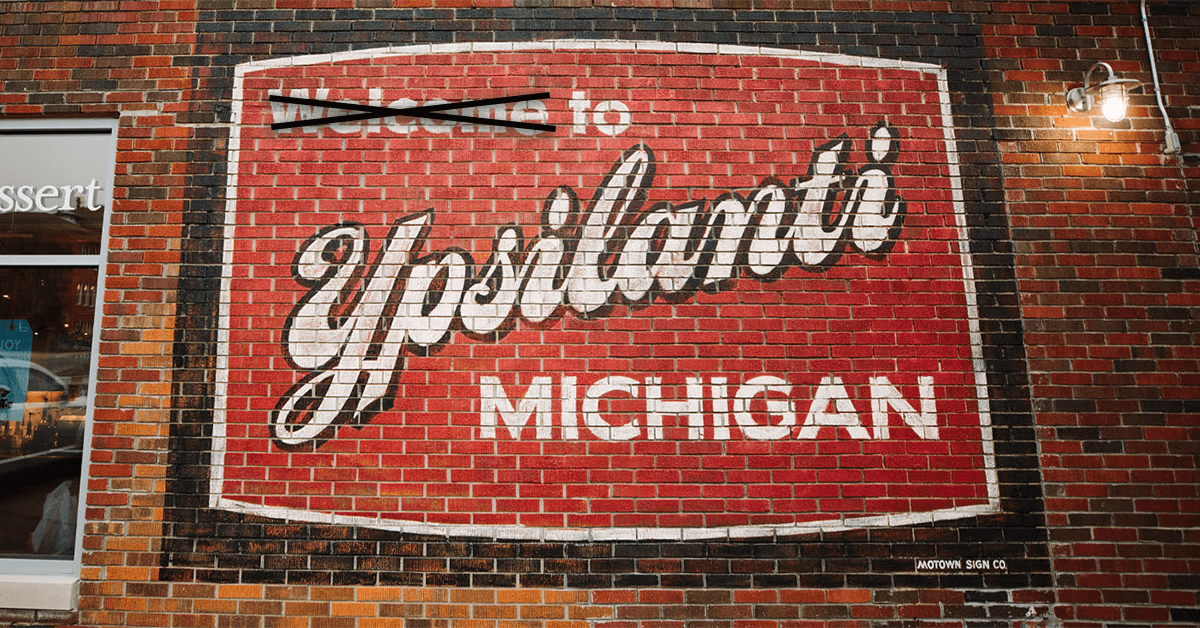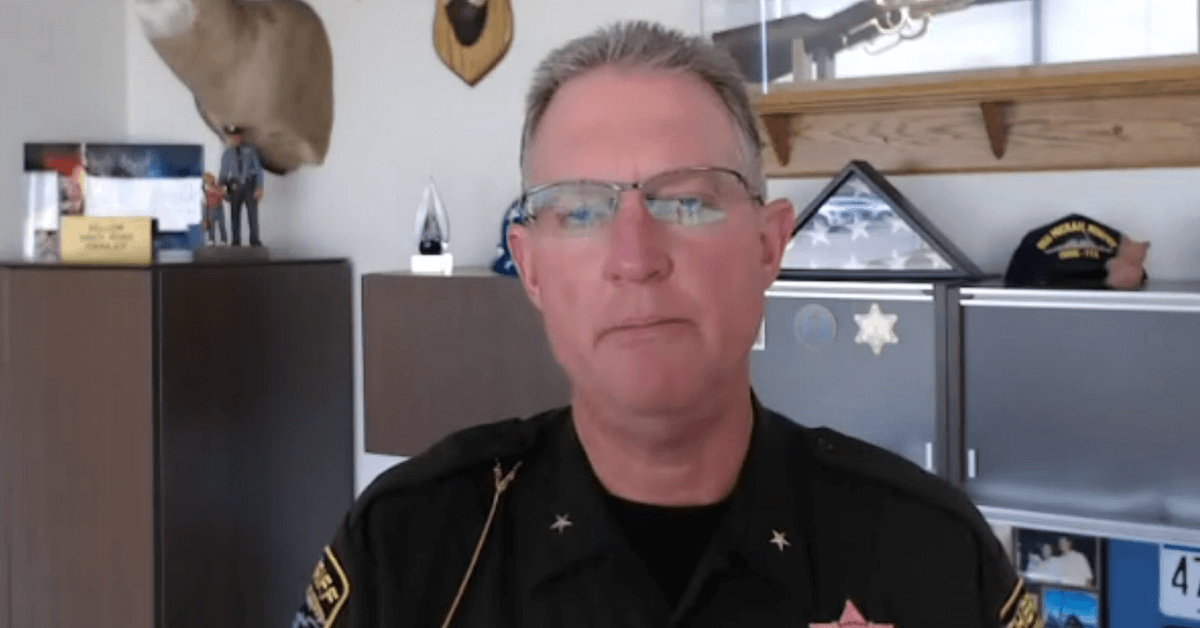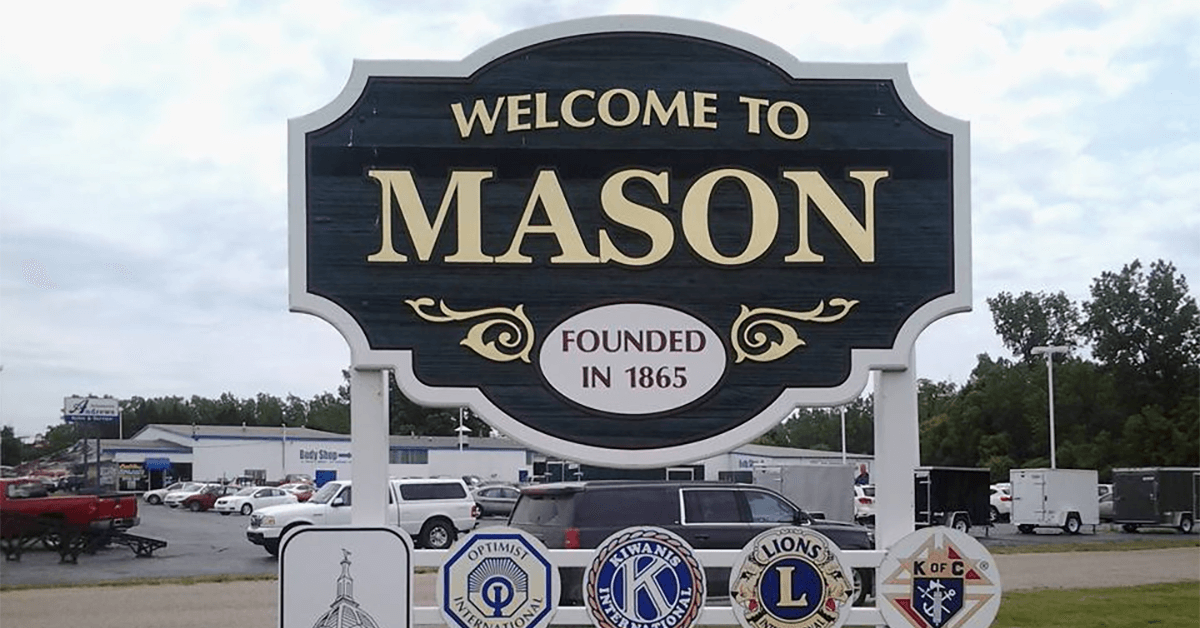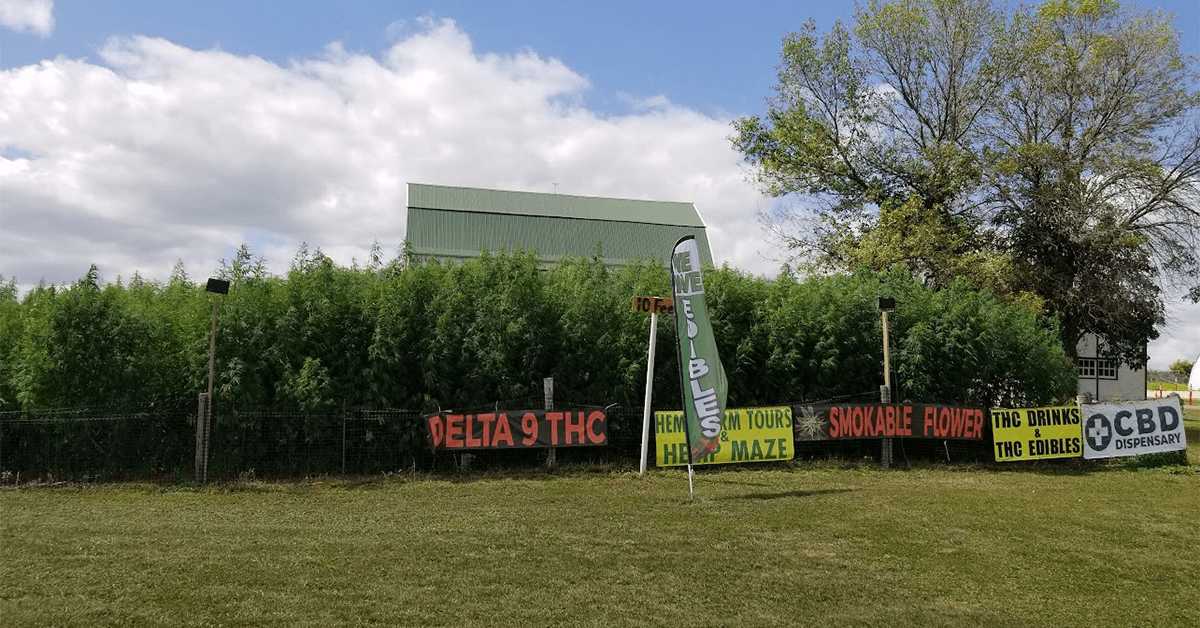Ypsilanti City Council Implements Emergency Moratorium on Cannabis Retailers

Ypsilanti City Council has imposed an emergency moratorium on new cannabis retailer permits, effectively pausing the expansion of cannabis businesses in the city. This decision was made during their April 16 meeting, where council members also moved forward with an ordinance to establish a strict limit on the number of cannabis-related operations within city limits.
The moratorium, which will last for 60 days, aims to address community concerns that Ypsilanti might become overly saturated with cannabis retailers, potentially harming long-standing small businesses. The city, noted for having a high number of cannabis dispensaries per capita, has initiated these measures under the guidance of city planner Joshua Burns.
The proposed ordinance amendment received a narrow approval with a 4-3 vote. Council members Michelle King, Evan Sweet, and Patrick McLean voted against it. This amendment seeks to set the maximum number of cannabis retailers at 13, with a provision to reduce this limit to 10 should any permits lapse or be revoked. Additionally, the number of cannabis consumption facilities will be restricted to three.
A final decision on this ordinance is expected at the council's next session on May 7th. Meanwhile, the emergency moratorium will prevent the issue of any new cannabis business permits. In conjunction with these regulatory adjustments, the council also unanimously approved zoning changes, significantly reducing the potential locations available for future cannabis retailers. These zoning changes had been introduced earlier in the month without setting a cap, which had drawn criticism from local residents and business owners. The Planning Commission has since advocated for the reintroduction of such a cap.
Previously, Ypsilanti had enforced a cap on cannabis businesses but removed it to mitigate the risks of litigation concerning the allocation of limited permits. However, with recent developments and examples from other jurisdictions, city officials, including City Manager Andrew Hellenga and City Attorney John Barr, indicated that reinstating a cap could now be feasible without the previous concerns over potential legal challenges.
Share this article:
Spotted a typo, grammatical error, or a factual inaccuracy? Let us know - we're committed to correcting errors swiftly and accurately!








 Helpful Links
Helpful Links